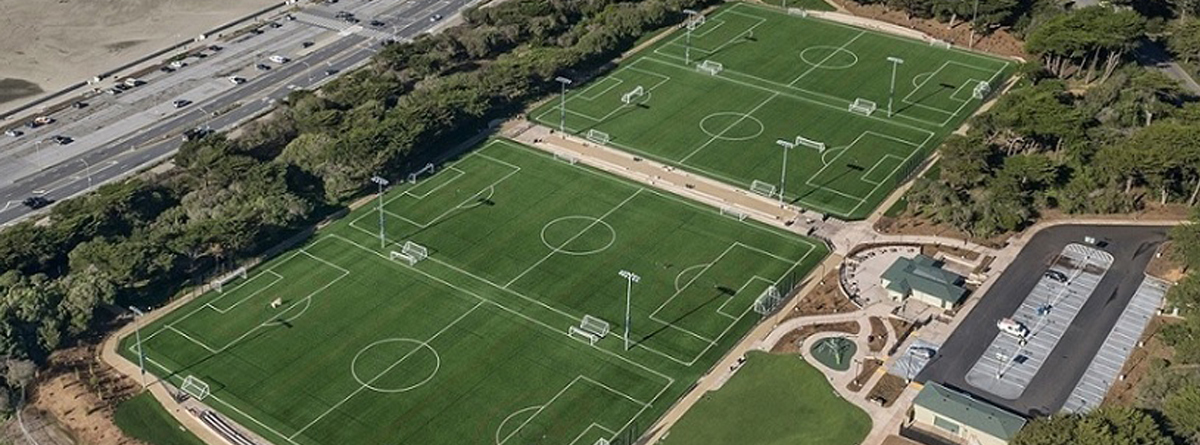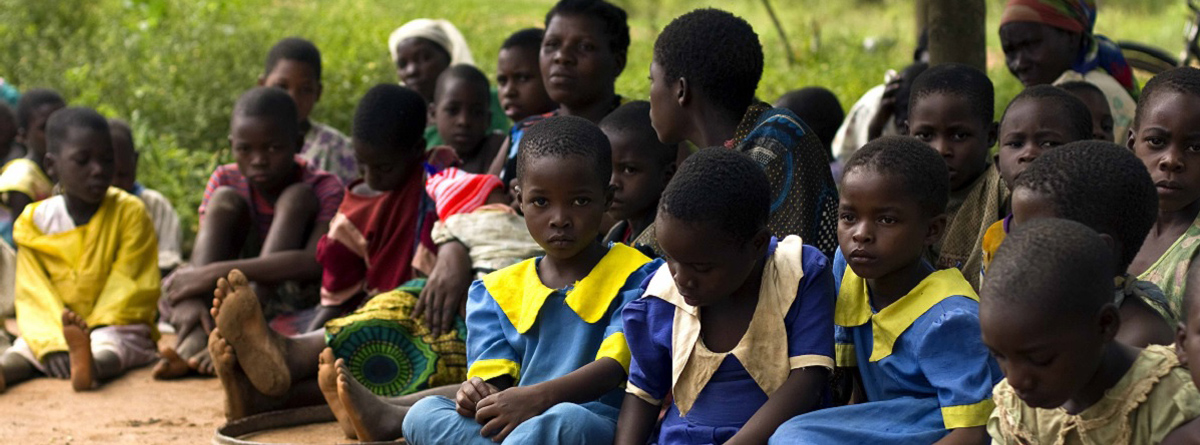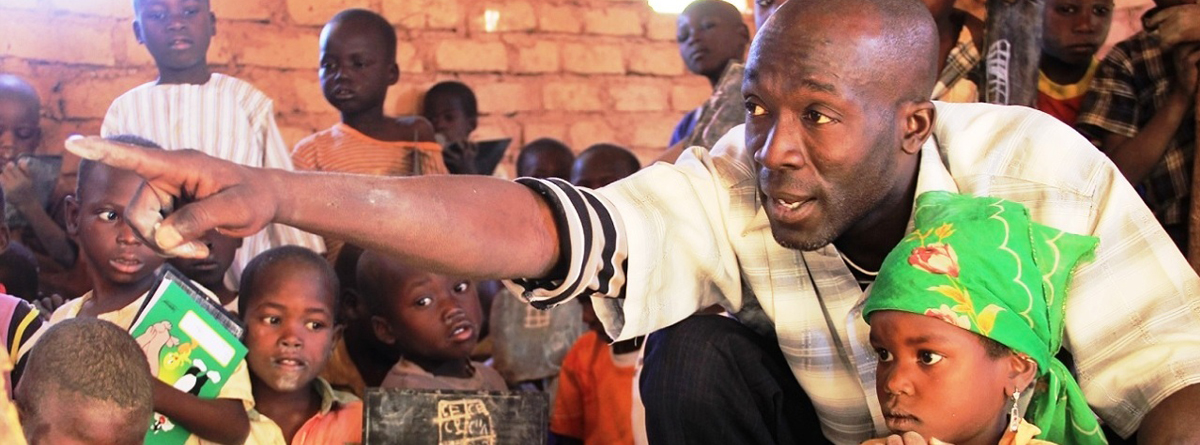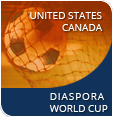
The Diaspora
World Cup
World Cup
|
|
Congo DR
Miami – West P. Beach
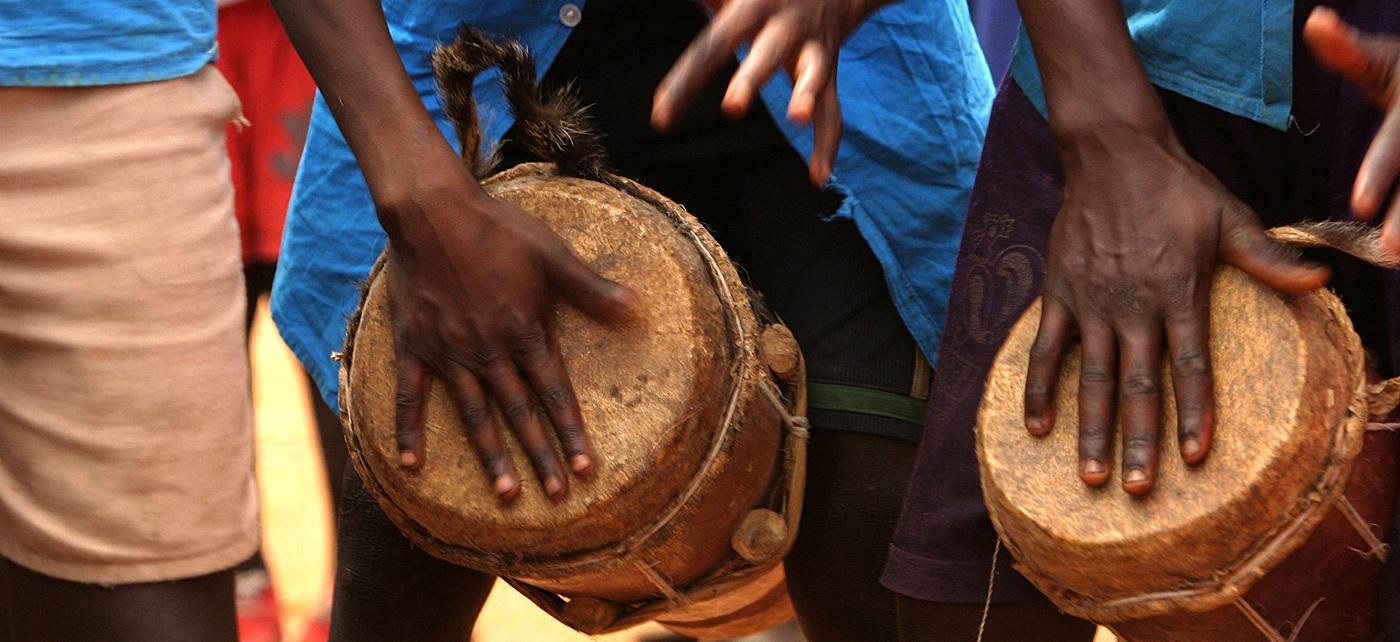
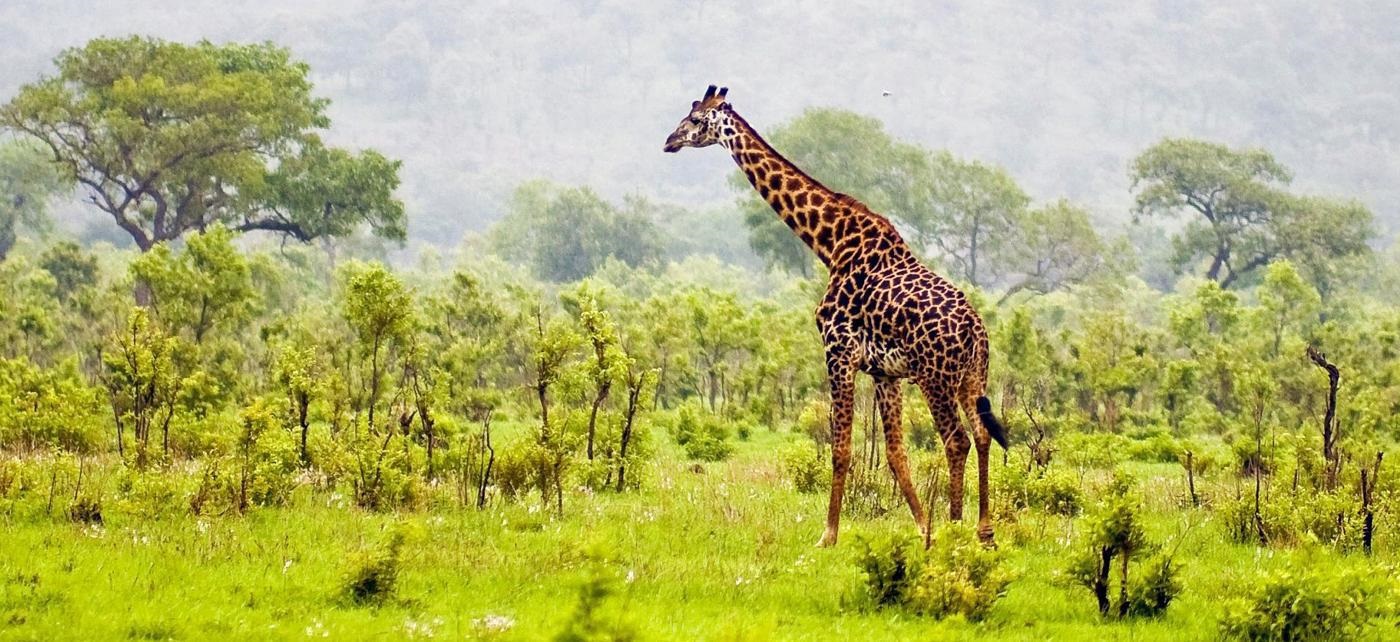
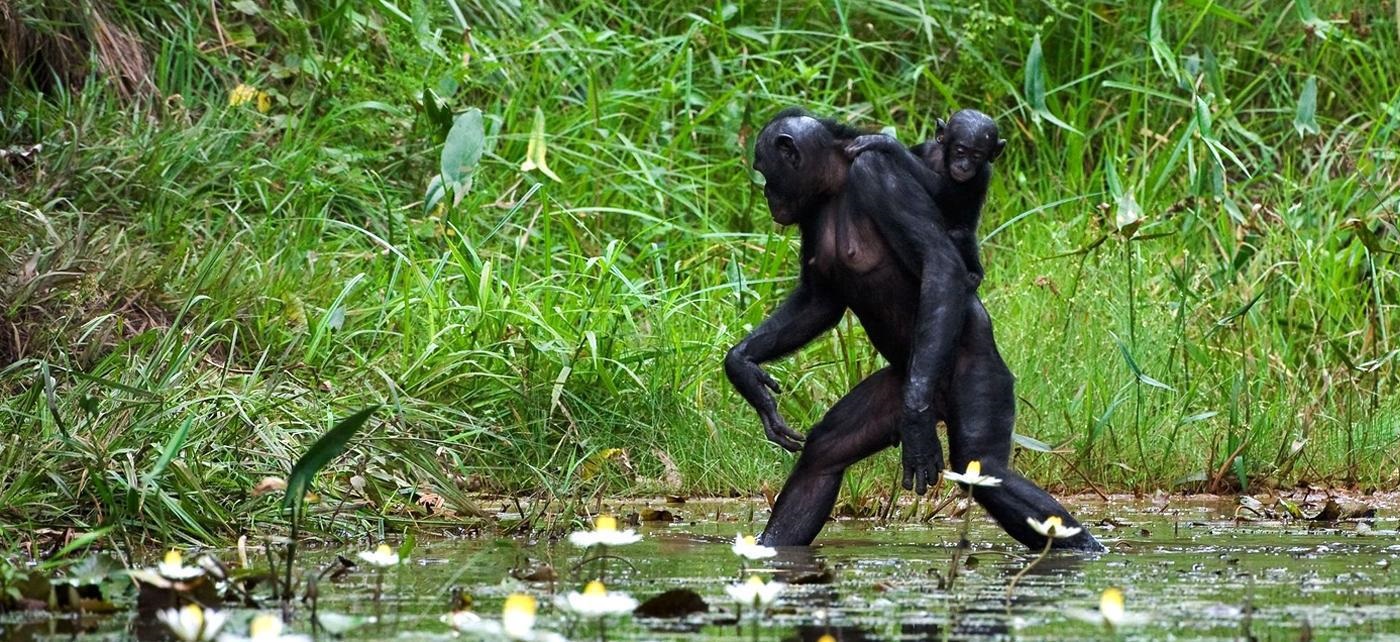
Perfil
The Democratic Republic of the Congo is a state located in Central Africa. It is the second largest country in Africa by area and the eleventh largest in the world. With a population of nearly 71 million, the Democratic Republic of the Congo is the eighteenth most populous nation in the world, and the fourth most populous nation in Africa, as well as the most populous officially Francophone country.
The Democratic Republic of the Congo is often referred to as Congo. However, in order to distinguish it from the neighboring Republic of the Congo to the west, the Democratic Republic of the Congo is sometimes referred to as DR Congo, DRC, or RDC (from its French abbreviation), or is called Congo-Kinshasa after the capital of Kinshasa (in contrast to Congo-Brazzaville for its neighbor). It also borders the Central African Republic and South Sudan to the north; Uganda, Rwanda, and Burundi in the east; Zambia and Angola to the south; the Atlantic Ocean to the west; and is separated from Tanzania by Lake Tanganyika in the east. The country has access to the ocean through a 40-kilometre (25 mi) stretch of Atlantic coastline at Muanda and the roughly 9 km wide mouth of the Congo River which opens into the Gulf of Guinea.
A wave of early people was identified in the Northern and North-Western parts of Central Africa during the second millennium BC. They produced food (pearl millet), maintained domestic livestock and developed a kind of arboriculture mainly based on the oil palm. From 1,550 BC to 50 BC, starting from a nucleus area in South Cameroon on both banks of the Sanaga River, the first Neolithic peopling of northern and western Central Africa can be followed south-eastwards and southwards.
The United Nations 2007 estimated the population at 62.6 million people, having increased rapidly despite the war from 46.7 million in 1997. As many as 250 ethnic groups have been identified and named. The most numerous people are the Kongo, Luba, and Mongo. About 600,000 Pygmies are the aboriginal people of the DR Congo. Although several hundred local languages and dialects are spoken, the linguistic variety is bridged both by widespread use of French and intermediary languages such as Kongo, Tshiluba, Swahili, and Lingala.
French is the official language of the Democratic Republic of the Congo. It is meant to be an ethnically neutral language, to ease communication among the many different ethnic groups of the Congo. There are an estimated total of 242 languages spoken in the country. Out of these, only four have the status of national languages: Kikongo (Kituba), Lingala, Tshiluba and Swahili (most spoken in the DRC). Lingala was made the official language of the colonial army, the "Force Publique" under Belgian colonial rule. But since the recent rebellions, a good part of the army in the East also uses Swahili where it is prevalent. When the country was a Belgian colony, it had already instituted teaching and use of the four national languages in primary schools, making it one of the few African nations to have had literacy in local languages during the European colonial period. During the colonial period both Dutch and French were the official languages but French was by far the most important. About 24,320,000 people of DRC speak French either as a first or second language.
The culture of the Democratic Republic of the Congo reflects the diversity of its hundreds of ethnic groups and their differing ways of life throughout the country — from the mouth of the River Congo on the coast, upriver through the rainforest and savanna in its centre, to the more densely populated mountains in the far east. Since the late 19th century, traditional ways of life have undergone changes brought about by colonialism, the struggle for independence, the stagnation of the Mobutu era, and most recently, the First and Second Congo Wars. Despite these pressures, the customs and cultures of the Congo have retained much of their individuality. The country's 60 million inhabitants are mainly rural. The 30 percent who live in urban areas have been the most open to Western influences.
The Democratic Republic of the Congo is often referred to as Congo. However, in order to distinguish it from the neighboring Republic of the Congo to the west, the Democratic Republic of the Congo is sometimes referred to as DR Congo, DRC, or RDC (from its French abbreviation), or is called Congo-Kinshasa after the capital of Kinshasa (in contrast to Congo-Brazzaville for its neighbor). It also borders the Central African Republic and South Sudan to the north; Uganda, Rwanda, and Burundi in the east; Zambia and Angola to the south; the Atlantic Ocean to the west; and is separated from Tanzania by Lake Tanganyika in the east. The country has access to the ocean through a 40-kilometre (25 mi) stretch of Atlantic coastline at Muanda and the roughly 9 km wide mouth of the Congo River which opens into the Gulf of Guinea.
A wave of early people was identified in the Northern and North-Western parts of Central Africa during the second millennium BC. They produced food (pearl millet), maintained domestic livestock and developed a kind of arboriculture mainly based on the oil palm. From 1,550 BC to 50 BC, starting from a nucleus area in South Cameroon on both banks of the Sanaga River, the first Neolithic peopling of northern and western Central Africa can be followed south-eastwards and southwards.
The United Nations 2007 estimated the population at 62.6 million people, having increased rapidly despite the war from 46.7 million in 1997. As many as 250 ethnic groups have been identified and named. The most numerous people are the Kongo, Luba, and Mongo. About 600,000 Pygmies are the aboriginal people of the DR Congo. Although several hundred local languages and dialects are spoken, the linguistic variety is bridged both by widespread use of French and intermediary languages such as Kongo, Tshiluba, Swahili, and Lingala.
French is the official language of the Democratic Republic of the Congo. It is meant to be an ethnically neutral language, to ease communication among the many different ethnic groups of the Congo. There are an estimated total of 242 languages spoken in the country. Out of these, only four have the status of national languages: Kikongo (Kituba), Lingala, Tshiluba and Swahili (most spoken in the DRC). Lingala was made the official language of the colonial army, the "Force Publique" under Belgian colonial rule. But since the recent rebellions, a good part of the army in the East also uses Swahili where it is prevalent. When the country was a Belgian colony, it had already instituted teaching and use of the four national languages in primary schools, making it one of the few African nations to have had literacy in local languages during the European colonial period. During the colonial period both Dutch and French were the official languages but French was by far the most important. About 24,320,000 people of DRC speak French either as a first or second language.
The culture of the Democratic Republic of the Congo reflects the diversity of its hundreds of ethnic groups and their differing ways of life throughout the country — from the mouth of the River Congo on the coast, upriver through the rainforest and savanna in its centre, to the more densely populated mountains in the far east. Since the late 19th century, traditional ways of life have undergone changes brought about by colonialism, the struggle for independence, the stagnation of the Mobutu era, and most recently, the First and Second Congo Wars. Despite these pressures, the customs and cultures of the Congo have retained much of their individuality. The country's 60 million inhabitants are mainly rural. The 30 percent who live in urban areas have been the most open to Western influences.
País Ubicación


